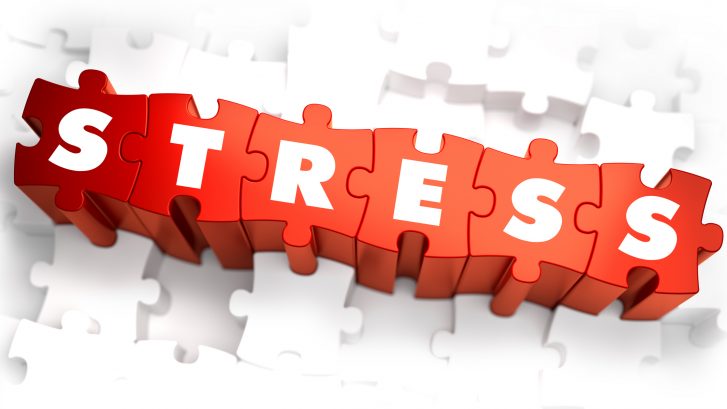April is Stress Awareness Month
Everyone has stress. Sometimes we have short-term stress, the kind that hits us when we get lost while driving or when we are late for an appointment. Even everyday events, such as dealing with difficult family members, or making time for errands can cause stress. This kind of stress can make us feel worried or anxious. Other times, we face long term stress, such as facing a chronic illness, dealing with death, divorce, or financial troubles. This kind of stress can affect your health on many levels, and can be a contributing factor in depression. Research shows how stress triggers changes in our bodies and makes us more likely to get sick. It can worsen problems we already have and can play a part in the following issues:
- Trouble Sleeping
- Headaches
- Irritability
- Lack of Energy
- Heart Problems
- Lack of Concentration
- Anger
- Stomach Cramping
- Skin Problems (Hives)
- Depression
- Anxiety
- Weight Gain or Loss
- High Blood Pressure
- Irritable Bowel Syndrome
- Neck and/or Back Pain
- Asthma/Arthritis Flare-Ups
Stress Reducers – The first step is to recognize when you’re feeling stressed. The next step is to choose a way to deal with your stress.
One way to choice the event o thing that causes the stress—but this is not always possible. We have to learn to change how we react to stress. There are many ways we can reduce stress levels.
Some of then include:
Fine time to relax: It’s important to take time for yourself and unwind. This may include a hot bath, listening to soothing music, or reading.
Sleep: When the body is well-rested, the defense systems works better. Try to get 7-9 hour of sleep each night.
Eat Right: Fuel up with fruits, vegetables, whole grains, and proteins. Avoid caffeine and sugar.
Talk to Friends: Friends can be good listeners. Finding someone who will listen freely without judging does a world of good.
Get help from a professional: Talk to a therapist for help navigate stresses.
Write down your thoughts: Just put your feelings to paper as a release.
Set Limits: Figure out what you can really do. There are only so many hours in a day.
Plan your time: Planning ahead is one single most effective ways to reduce stress from the demands on our time.

